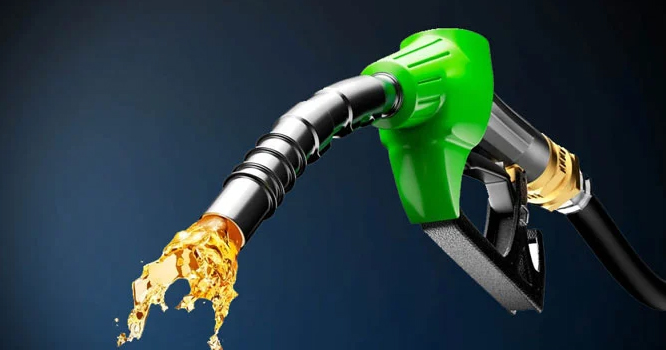Islamabad, May 20, 2025: In a major move set to impact fuel prices nationwide, the federal government of Pakistan is preparing to lift the cap on the Petroleum Development Levy (PDL), enabling it to charge over Rs. 100 per liter in the upcoming fiscal year 2025-26.
This policy shift, aimed at boosting national revenue, is expected to generate a record-breaking Rs. 194 billion — a strategic step to close fiscal gaps amid ongoing IMF commitments.
According to reliable sources, the PDL — which currently stands at Rs. 78 per liter for petrol and diesel — will be hiked further to support the Federal Board of Revenue’s (FBR) revenue shortfall.
This marks a historic surge in fuel taxation, surpassing last year’s record collection of Rs. 1,117 billion.
Since July 2024, the government has progressively raised the PDL from Rs. 60 to Rs. 78 per liter, collecting a staggering Rs. 833.8 billion in just nine months.
This compares to Rs. 1,019 billion collected in FY24 and Rs. 580 billion in FY23, illustrating a steep upward trend in petroleum levy dependence.
Part of this increased revenue will go toward subsidizing the power sector and supporting the growth of Pakistan’s electric vehicle ecosystem — a move that may also align with long-term environmental goals.
In parallel, Islamabad has pledged to the International Monetary Fund (IMF) that it will abolish the 10% cap on the Debt Service Surcharge (DSS) in electricity bills.
Currently, this cap restricts surcharges to just 10% of power companies’ revenue needs, limiting the government’s ability to tackle the growing circular debt.
Read More: Gold Prices in Pakistan Rebound After Sharp Rs. 12,000 Tola Drop
As per the IMF’s country report, new legislation to lift the DSS cap will be tabled by June 2025.
This is part of a broader commitment to achieve a zero net increase in circular debt by the end of FY2025 through timely electricity tariff hikes, efficient subsidies, and sweeping cost reforms.
To further consolidate its fiscal discipline, the government will present the FY2026 Circular Debt Management Plan for cabinet approval by July 2025.
In a unified front, all provinces have also agreed not to introduce any new energy subsidies — reinforcing the federal agenda for energy sector reform and financial sustainability.









